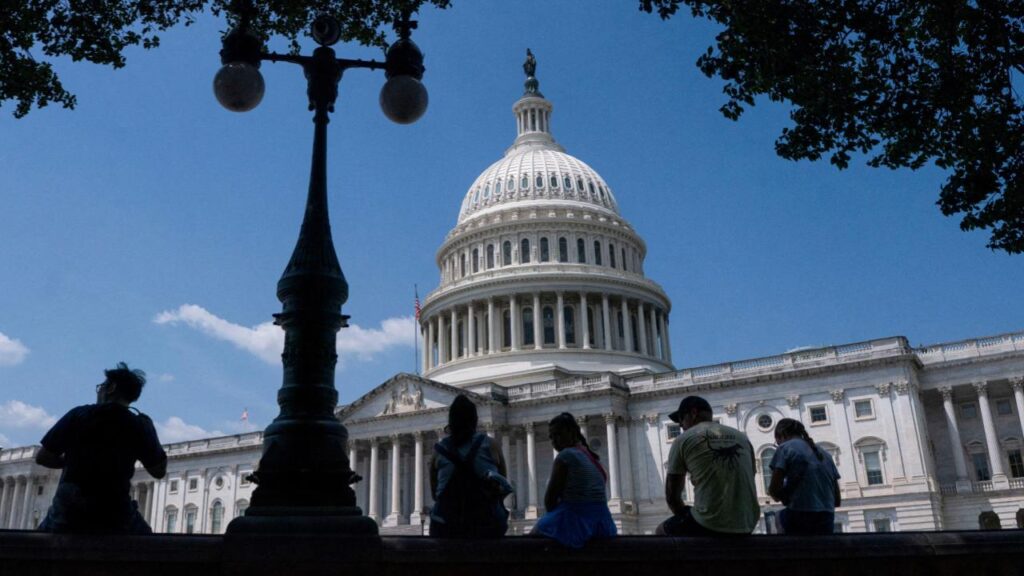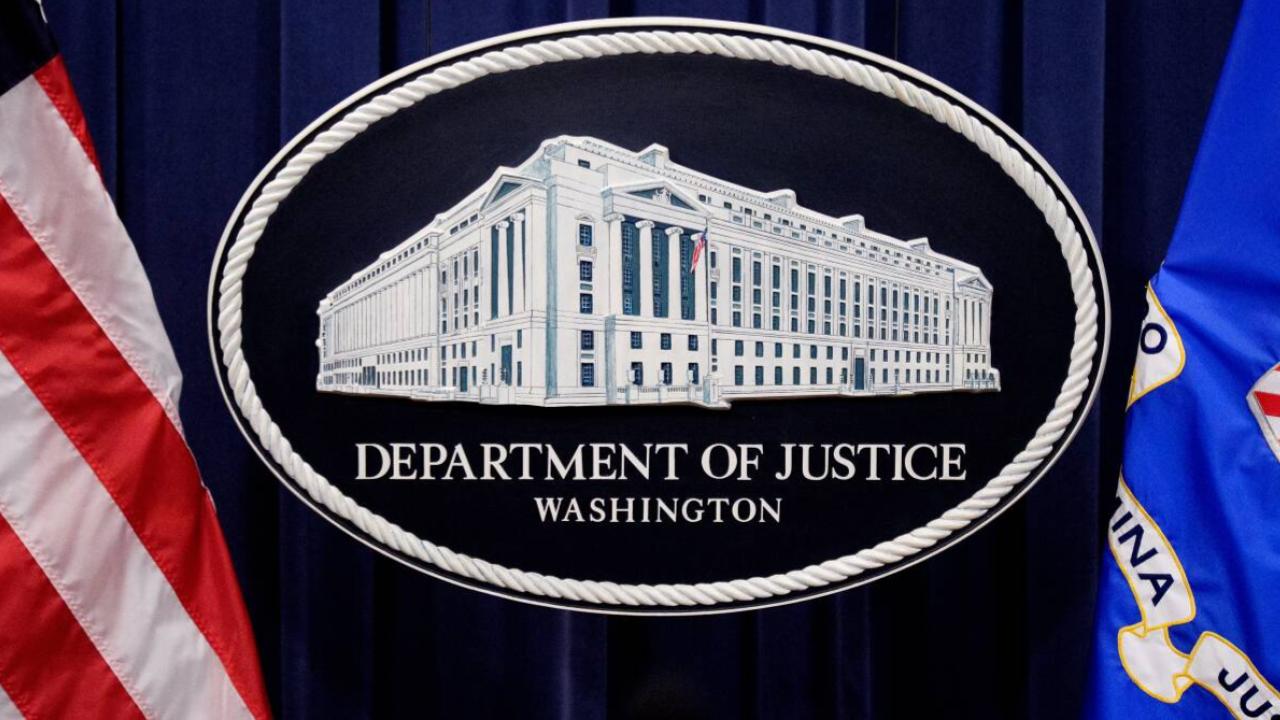In a surprising twist, the U.S. Senate has passed a new tax bill with provisions that could significantly affect renewable energy incentives in the country. The bill, which was initially seen as a pro-business move in many sectors, now contains provisions that could benefit or challenge the future of clean energy investments. The inclusion of specific tax incentives for renewable energy projects has raised eyebrows, particularly among advocates and critics of both the bill and the renewable energy sector.

This move, tied to former President Donald Trump’s influence, could redefine how companies and individuals approach investments in solar, wind, and other forms of renewable energy in the coming years. Let’s take a closer look at what this bill means for the future of green energy in America.
Trump’s Tax Bill Means for Renewable Energy Tax Credits
| Insight | Stat |
|---|---|
| Tax incentives for renewable energy extended | $9 billion allocated for renewable energy credits |
| Trump’s influence on energy policy continues | Trump supported major cuts in renewable energy subsidies |
| The bill could slow transition to green energy | 32% of energy production still relies on coal and natural gas |
What’s in the Bill?
The latest tax bill, which has garnered support from key Republican figures, includes significant cuts to corporate taxes, yet it also earmarks an estimated $9 billion for renewable energy tax credits. These credits are expected to stimulate investment in clean energy projects. However, there is a catch — the bill proposes changes to how these credits are awarded, which could impact their long-term effectiveness and availability.
The tax credits have traditionally been a driving force behind renewable energy expansion in the U.S. Programs like the Investment Tax Credit (ITC) for solar power and the Production Tax Credit (PTC) for wind power have been crucial to making these technologies more affordable for both producers and consumers. These incentives have provided the push needed to accelerate the country’s green energy shift, especially as the global focus on reducing carbon emissions intensifies.
However, the bill makes several notable adjustments. For instance, it introduces stricter requirements on which types of renewable energy projects can qualify for these credits. It also introduces new stipulations about the timeline for claiming credits, which could slow down some of the green energy projects that rely on immediate financial support.
The Economic Impact
While the tax bill is generally seen as a boon for the corporate sector, the renewable energy sector’s reaction has been mixed. On one hand, some proponents of the bill argue that the additional funding for renewable energy tax credits will spur new investments in solar, wind, and bioenergy. On the other hand, critics of the bill warn that these changes may reduce the predictability of funding and introduce roadblocks that could delay the growth of clean energy projects.
An additional concern for many energy companies is the expiration date of certain tax credits. While the bill extends the ITC for solar projects, it only does so until the end of 2027, leaving some uncertainty beyond that point. This lack of long-term security could discourage companies from making bold investments in the industry.
In contrast, the PTC, which has historically been awarded to wind farms, faces a cap on how much can be claimed per project. This could have significant implications for the development of large-scale wind energy initiatives, which have become critical to achieving national emissions reduction targets.
Is Trump’s Influence Making a Difference?
One of the most interesting aspects of the bill is the role Trump’s political legacy seems to play. While he was president, Trump made no secret of his stance on energy — advocating for a strong fossil fuel industry while expressing skepticism about the urgency of transitioning to renewable energy. His tax cuts, in general, prioritized deregulation and reduced taxation on energy companies, including oil and gas.
However, the surprise in this latest tax bill is how Trump’s influence appears to be backing some of the renewable energy tax incentives. This could be seen as an attempt to navigate the ongoing political tug-of-war over climate change policies. As global attention has turned increasingly to the need for action on climate change, political leaders from both parties are being pressured to take a more active stance on clean energy, making it challenging to ignore renewable energy support.

The Changing Landscape of U.S. Renewable Energy
While the tax bill does include provisions to benefit renewable energy, many are concerned it might not be enough to significantly accelerate the clean energy transition. There’s also the question of how these measures will hold up under the changing political landscape, especially with a highly polarized Congress.
The reality is that the U.S. energy landscape is undergoing a significant shift. According to the Energy Information Administration (EIA), the share of renewable energy in U.S. electricity generation reached 20% in 2022, up from 12% in 2010. However, fossil fuels like coal and natural gas still make up about 60% of the nation’s energy generation. For the U.S. to meet its emissions goals, it will need to dramatically expand clean energy sources like wind, solar, and hydropower.
The tax incentives included in this bill, despite their limitations, could provide a much-needed boost. However, experts believe that without more comprehensive policies and a long-term commitment to green energy, these efforts could ultimately fall short of meeting the country’s ambitious climate goals.
What Does This Mean for Future Investments?
For businesses and investors eyeing the renewable energy sector, the new tax bill presents both opportunities and risks. On one hand, it guarantees a steady flow of tax credits over the next several years, providing stability for developers and investors. On the other hand, the uncertainty surrounding the long-term future of these credits — particularly once they expire — means that some investors may be hesitant to commit to long-term projects.
One thing is clear: the market will need to stay adaptable. Renewable energy companies, especially those focusing on large-scale projects, must prepare for a shifting tax environment. If these credits remain in flux or face cuts in future bills, companies may need to explore alternative funding options, such as private investment or state-level incentives.
Will the Tax Bill Help or Hinder U.S. Climate Goals?
At the end of the day, the U.S. must decide whether tax incentives and temporary measures like those found in this bill are sufficient to meet its climate goals. While the inclusion of renewable energy credits is a positive sign, experts agree that more long-term, reliable support is needed to push the U.S. to the forefront of the clean energy movement.
The Senate’s unexpected move could be a step in the right direction, but it is only one piece of the puzzle. For true success, policymakers will need to look beyond tax credits and work toward more substantial investments in infrastructure, technology, and long-term policy reforms that support clean energy and sustainability.
FAQs
How does the new tax bill affect solar energy?
The new tax bill extends solar energy credits but introduces stricter requirements, limiting the types of solar projects that can qualify. This may delay certain projects but provides funding through 2027.
Are wind energy credits impacted by this tax bill?
Yes, the bill introduces a cap on how much can be claimed per wind energy project, potentially limiting the growth of large-scale wind energy initiatives in the future.
Does this bill make the U.S. a leader in renewable energy?
While the bill does provide incentives for renewable energy, many experts believe that it’s not enough for the U.S. to become a leader. More comprehensive, long-term policies are needed to truly accelerate clean energy adoption.






